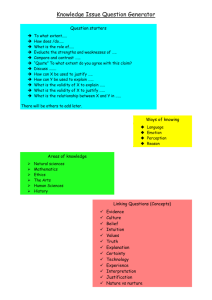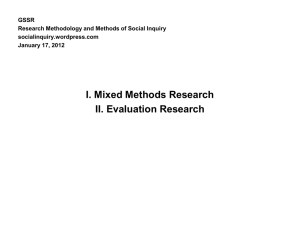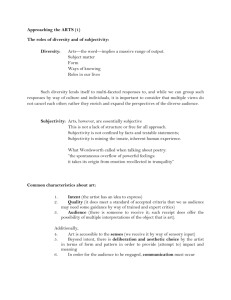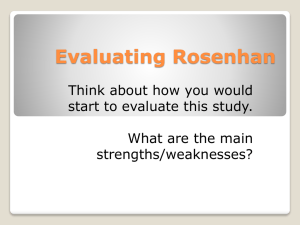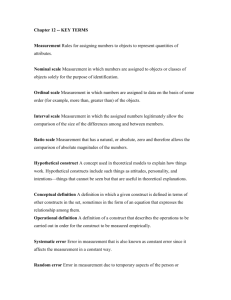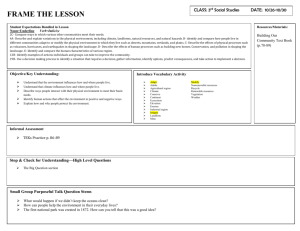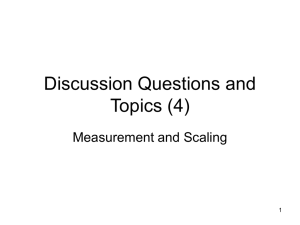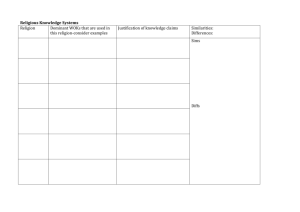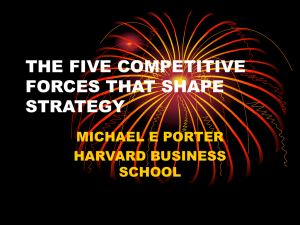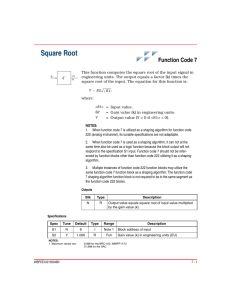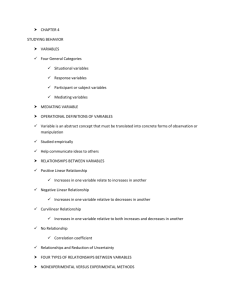File - UAIS theory of knowledge
advertisement
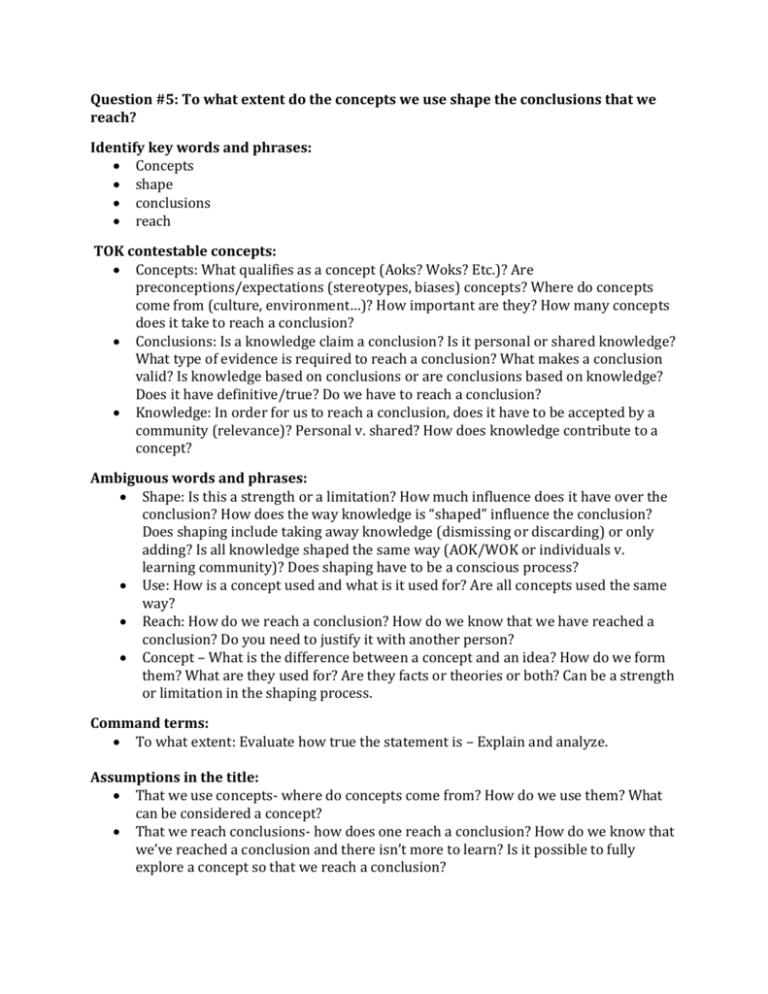
Question #5: To what extent do the concepts we use shape the conclusions that we reach? Identify key words and phrases: Concepts shape conclusions reach TOK contestable concepts: Concepts: What qualifies as a concept (Aoks? Woks? Etc.)? Are preconceptions/expectations (stereotypes, biases) concepts? Where do concepts come from (culture, environment…)? How important are they? How many concepts does it take to reach a conclusion? Conclusions: Is a knowledge claim a conclusion? Is it personal or shared knowledge? What type of evidence is required to reach a conclusion? What makes a conclusion valid? Is knowledge based on conclusions or are conclusions based on knowledge? Does it have definitive/true? Do we have to reach a conclusion? Knowledge: In order for us to reach a conclusion, does it have to be accepted by a community (relevance)? Personal v. shared? How does knowledge contribute to a concept? Ambiguous words and phrases: Shape: Is this a strength or a limitation? How much influence does it have over the conclusion? How does the way knowledge is “shaped” influence the conclusion? Does shaping include taking away knowledge (dismissing or discarding) or only adding? Is all knowledge shaped the same way (AOK/WOK or individuals v. learning community)? Does shaping have to be a conscious process? Use: How is a concept used and what is it used for? Are all concepts used the same way? Reach: How do we reach a conclusion? How do we know that we have reached a conclusion? Do you need to justify it with another person? Concept – What is the difference between a concept and an idea? How do we form them? What are they used for? Are they facts or theories or both? Can be a strength or limitation in the shaping process. Command terms: To what extent: Evaluate how true the statement is – Explain and analyze. Assumptions in the title: That we use concepts- where do concepts come from? How do we use them? What can be considered a concept? That we reach conclusions- how does one reach a conclusion? How do we know that we’ve reached a conclusion and there isn’t more to learn? Is it possible to fully explore a concept so that we reach a conclusion? That we will reach different conclusions depending on the concept- How do concepts relate to conclusions? Are certain conclusions more true/valid depending on the concept? That concepts shape our conclusions- How much do concepts shape our conclusions? Can we reach conclusions without concepts? How do we know that the concepts that we are using to shape a conclusion are reliable/valid/true? Rephrase the title to check your understanding: (How can you restate the PT in your conclusion to tie your perspectives back to itself?) Does what we know influence what we find out/learn/discover? Identify ideas/concepts to include in the knowledge questions (KQ): Consider how the following may play a role in this prescribed title: bias, belief, limitations, reliability, (un)certainty, validity, truth, justification, subjectivity Validity: The validity of your reasoning that a certain concept shapes conclusions Bias/Perspective: Where do the concepts come from/ why do people have different concepts? Are certain perspectives more valuable because of their source? How does personal experience influence the concepts we use to shape our conclusions? Reliability: Relying on our concepts in order to shape our conclusions (if our concepts are unreliable, our conclusions are incorrect) (Un)certainty/Truth: Whether we are certain on our concepts or not influences our conclusions/ how do we know we’ve reached a true conclusion? We need truth to compare our conclusions? Justification: How do we justify our conclusion as true? How does perspective play a role in how we justify conclusions? Subjectivity: Are some concepts more subjective than others? If so, does that make their conclusions subjective/unreliable?
